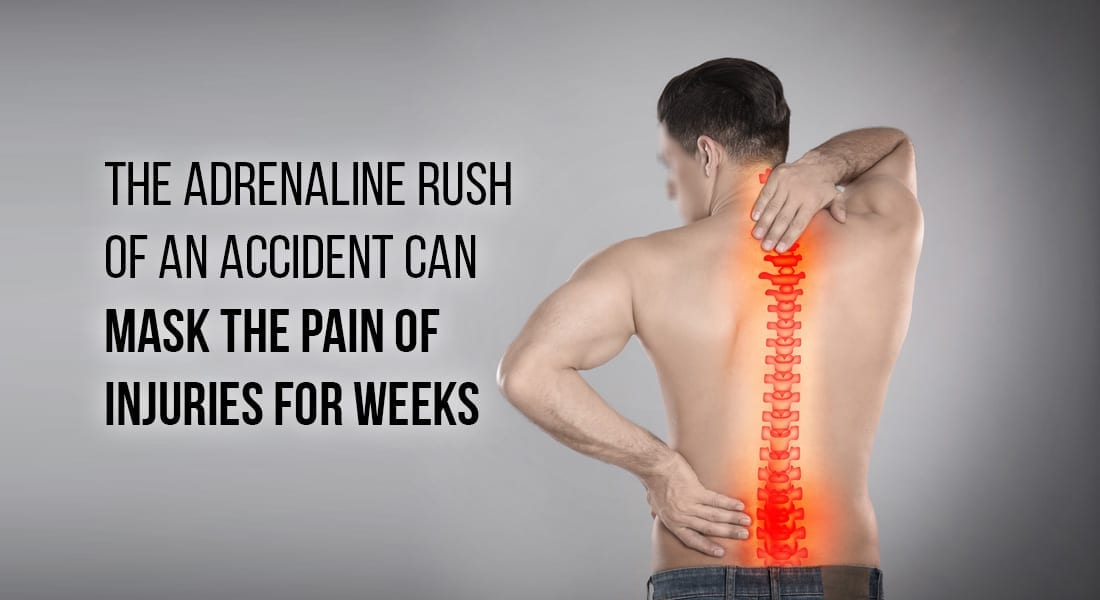

Investigation and studies continue, including a study by the National Institutes of Health and we will provide updates as new data emerge, which can inform COVID-19 clinical care as well as the public health response to COVID-19.

The long-term significance of these effects is not yet known. The patients reported symptoms such as fatigue (53.1%), shortness of breath or difficulty breathing (43.4%), joint pain, (27.3%) and chest pain (21.7%). Increased heart rate due to raised pumping of the heart and more blood flow.
ADRENALINE RUSH AFTER EFFECTS FREE
Of the 143 patients included 12.6% were completely free of any COVID-19-related symptom, 32% had 1 or two symptoms, and 55% had 3 or more symptoms. Once the adrenaline rush occurs (energy boost), the following can be felt: 1. Many of these patients reported fluctuating symptoms lasting for months.Īnother study looked at hospitalized patients assessed for continued symptoms at an average of 60.3 days (roughly 8.5 weeks) after the onset of the first COVID-19 symptom. Non-neurologic symptoms were also reported such as fatigue (85%), shortness of breath (46%), chest pain (37%), and gastrointestinal symptoms (29%). This study found that among 100 non-hospitalized COVID-19 long haulers from 21 states, 85% reported at least 4 neurologic symptoms (e.g., brain fog, headache, disorders of taste or smell, etc.). One study used the definition of long COVID as symptoms lasting more than six weeks. The definition of “long COVID” or “COVID long-haulers” has not yet been consistently used in the past by health care providers or researchers, but there are many ongoing studies looking at addressing this emerging issue. While many who have contracted COVID-19 appear to be “recovered” after one to two weeks, there are many who would say they are far from being in that category. There is no way to know how COVID-19 will impact you.

Temporary Assistance for Families in Idaho (TAFI).Aid to the Aged, Blind, and Disabled Cash Assistance (AABD).Child and Family Services and Foster Care.Death, Stillbirth, and Miscarriage Records.Anyway sorry for the rant, if anyone has any advice I'd really appreciate it. I want to fix this, but if I already have lost like 10 pounds trying to lower my calories for this and am slightly underweight as it is. I honestly have no idea what this is, some type of hypoglycemia or something, I'm going to get some blood work done and to see a dietician soon but I just don't know what to think. That feeling will just be there all day unless I have like a 25 calorie portion meal and itll go away. but if what I eat is more than like 25 calories I'll just be stuck in this state of being semi normal (besides feeling a bit off), but everytime im stressed or talk to someone or do like anything that requires energy, i'll just feel super wired as fuck. Whenever I eat I get a mini adrenaline rush thatll last like 45 min or so, then itll go away.
ADRENALINE RUSH AFTER EFFECTS HOW TO
At first it was only with fatty foods, so when I cut fat out for a week I was fine, then I kinda fucked up my diet and went on junk food and stuff, the symptoms came back and now Idk how to get rid of them. I'm kinda tired right now so gonna keep this post short and to the point.įor the last month and a half or so I've been getting these adrenaline rushes after eating.


 0 kommentar(er)
0 kommentar(er)
